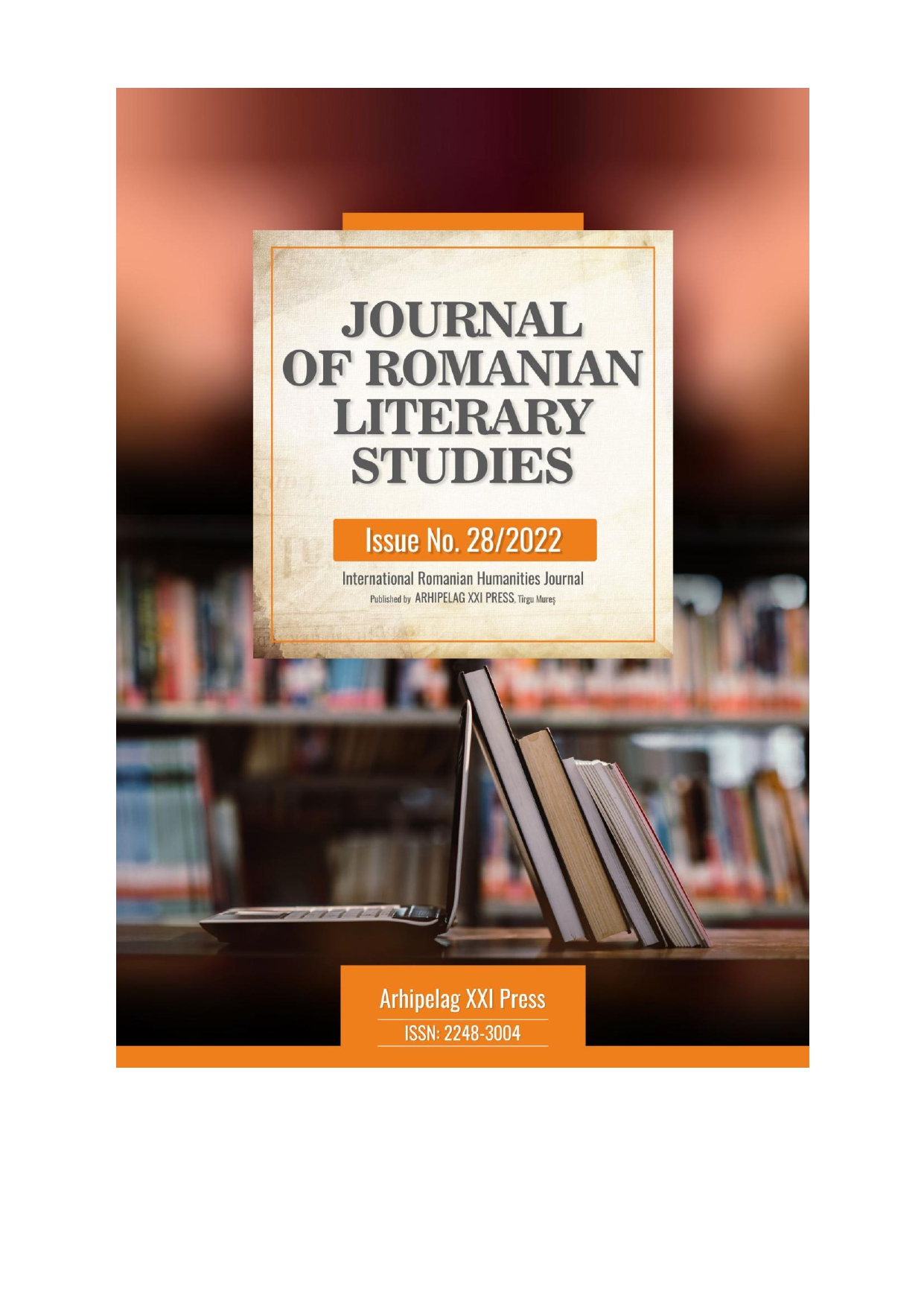MACHINE TRANSLATION FOR LITERATURE. TRADUCTOLOGICAL APPROACH
MACHINE TRANSLATION FOR LITERATURE. TRADUCTOLOGICAL APPROACH
Author(s): Alexandra IlieSubject(s): Poetry, Studies of Literature, Novel, Short Story, Philology, Translation Studies, Theory of Literature, Drama
Published by: Editura Arhipelag XXI
Keywords: machine translation; corpus; literary text; pre-translation; machine translation strategies;
Summary/Abstract: The quality of a literary text translation is influenced by several factors. Starting from reading and understanding the text, establishing a translation strategy(s) to the translation itself, the human translator pays special attention to each procedural stage. These stages preceding a literary text are organized in detail and contribute to the quality of the final result. In machine translation, pre- translation consists in interventions on source texts so that they can be "understood" by computer systems. At the orthographic level the conversion of uppercase to lowercase and / or the omission of punctuation might be performed, at the lexico-semantic level processes such as lemmatization or tokenization can be performed, and at the morpho-syntactic level the texts can be annotated and grammatical information can be added using syntactic and morphological analyzers. But the human translator does not decode the text only at the orthographic, lexico-semantic and morpho-syntactic levels. The stylistic level remains "coded" by automatic translation systems.
Journal: Journal of Romanian Literary Studies
- Issue Year: 2022
- Issue No: 28
- Page Range: 768-774
- Page Count: 7
- Language: English

